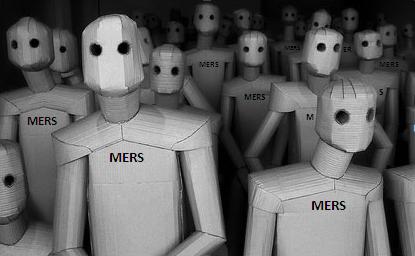How accurate are property records?
A Utah court case in which the owner of a Draper townhouse got clear title to the property, even though he still owed $132,000 on it, raises new legal and financial questions about a property-records database created by mortgage bankers.
The award of a title free of liens means that whoever owns the promissory note on the Draper property — likely a group of faraway investors — no longer has the right to foreclose to collect on a delinquent loan. Indeed, the townhouse owner has sold the property and kept the money. Those who own the promissory note probably don’t even know what occurred.
Decisions such as the one 3rd District Judge Glen Iwasaki handed down in the Draper case could have a big impact as the state wends its way through hundreds of lawsuits involving foreclosures, loans on properties for more than they’re worth and predatory lending practices that led Utahns to lose their homes as the real-estate bubble burst.
—
Quiet title » Last year, the owner of the Draper property contacted attorney Walter T. Keane to help him deal with lenders, though Keane won’t say what the problem was and the owner declined an interview request.
Keane filed what’s called a “quiet title action,” a lawsuit in which the owner seeks clear title to a property free of liens by lenders or others.
In Utah, when you take out a mortgage loan to buy a home, you sign a promissory note held by the lender and a deed of trust that is recorded at the county recorder’s office. The promissory note gives the holder the right to collect payments on the loan. The recording of the deed of trust gives the lender the right to foreclose on the property if you default on the loan.
A trustee appointed by the lender also is recorded with the county and actually holds legal title to your property subject to the conditions of the trust deed.
The lawsuit over the title to the townhouse named Garbett Mortgage and Citibank FSB as the holders of promissory notes as recorded on trust deeds filed with the recorder’s office. Integrated Title Services was listed as trustee of the Garbett Mortgage trust deed, while First American Title was the trustee of the CitiBank trust deed.
—
Trust deed tag-along » But there also was another entity listed on the trust deeds called the Mortgage Electronic Registration Systems (MERS). The Mortgage Bankers Association, the Washington, D.C.-based trade group that represents major mortgage lenders, created MERS in the mid-1990s.
Check out the rest here…
~


Everbody needs to go find their deed. You have had this since the origination of the mortgage. There has not been a mortgage or note assigned to this deed or you would not have it. It is just like the title to a car, you do not get the title unless the merchandise is paid for. It is entirely likely that a second bank paid off the original mortgage and there is a pay-off letter at the recorder’s office that proves this but none the less no debt has ever been assigned to that deed since origination or you would not have that deed. The banksters cannot take your house in the case of an unsecured mortgage and they have no way of proving in a court of law that they are owed any money from you. The Judge’s should be made to require that the party trying to fraudclose on someone’s home has a legal standing to do so. This is where the banksters will have a problem because they will not be able to use FRAUD to foreclose and will then back off of helpless homeowner’s.